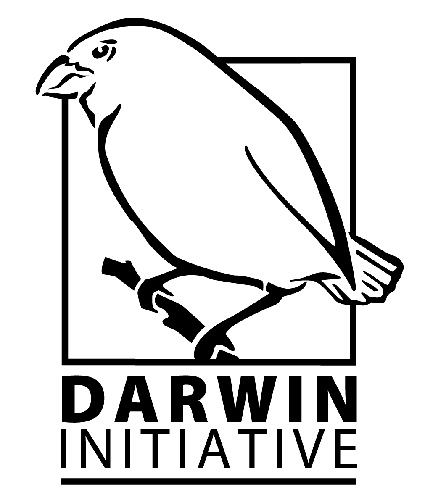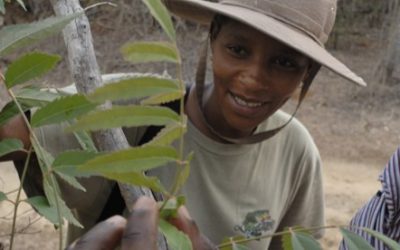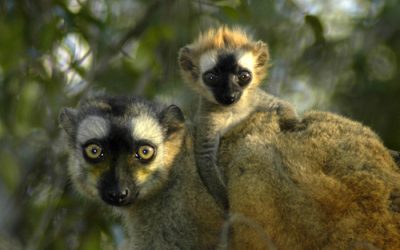Africa supports a rich diversity of plants and animals — which are the bedrock for people’s livelihoods. However, nature everywhere is declining, and we need to act now. People and governments in Africa are noticing these declines, and are looking for reliable information to guide them in how to act to conserve nature, and safeguard livelihoods for the future.
The Tropical Biology Association is launching an exciting new project which will unlock the potential of citizen science to conserve African birds and their habitats. The project builds on some pioneering bird mapping projects in Africa (under the African Bird Atlas) that use a citizen science approach. Because birds are good indicators of the conditions of our natural environment, their distributions, diversity, and population sizes tell us the state of nature and what management decisions we need to make to ensure its survival.
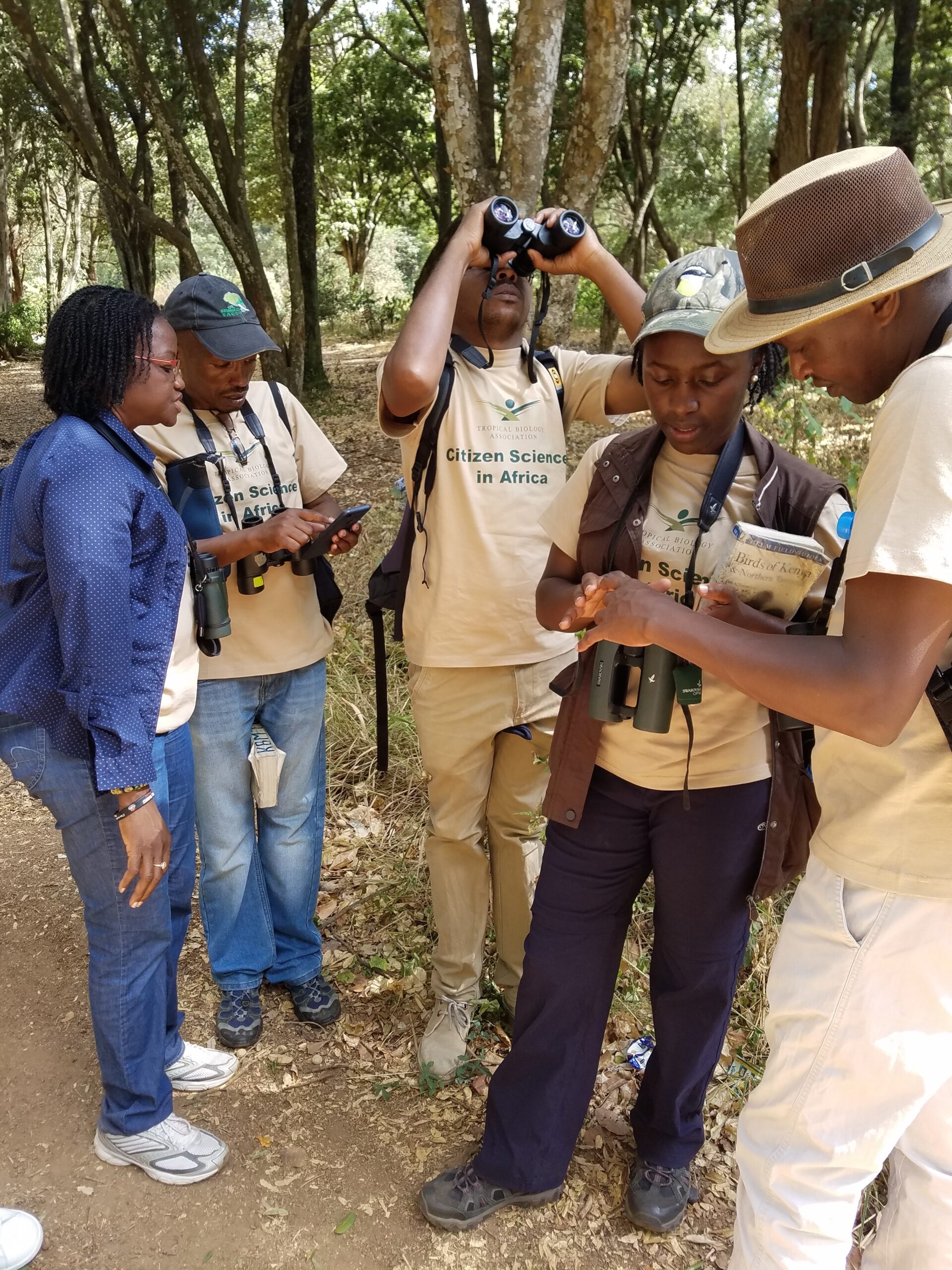
Our project will provide practical training to managers, planners, and decision makers from East and West Africa, giving them the tools and understanding to collect citizen science data and use it for advocacy. We will also create an online tool that will make vital analyses produced by citizen scientists available to non-experts, enabling governments and civil society organizations access to reliable information – about the current distribution of birds and their habitat requirements – which is needed to inform priority actions.
An important outcome of our project is that we will catalyze new collaborations and alliances between people at the forefront of conservation who are working to benefit both people and nature. We will build a firm foundation to scale up citizen science action across the continent, as those we train go on to apply their new knowledge in their communities and countries. This will place Africa on the global map as a leader in linking citizen science to policy.
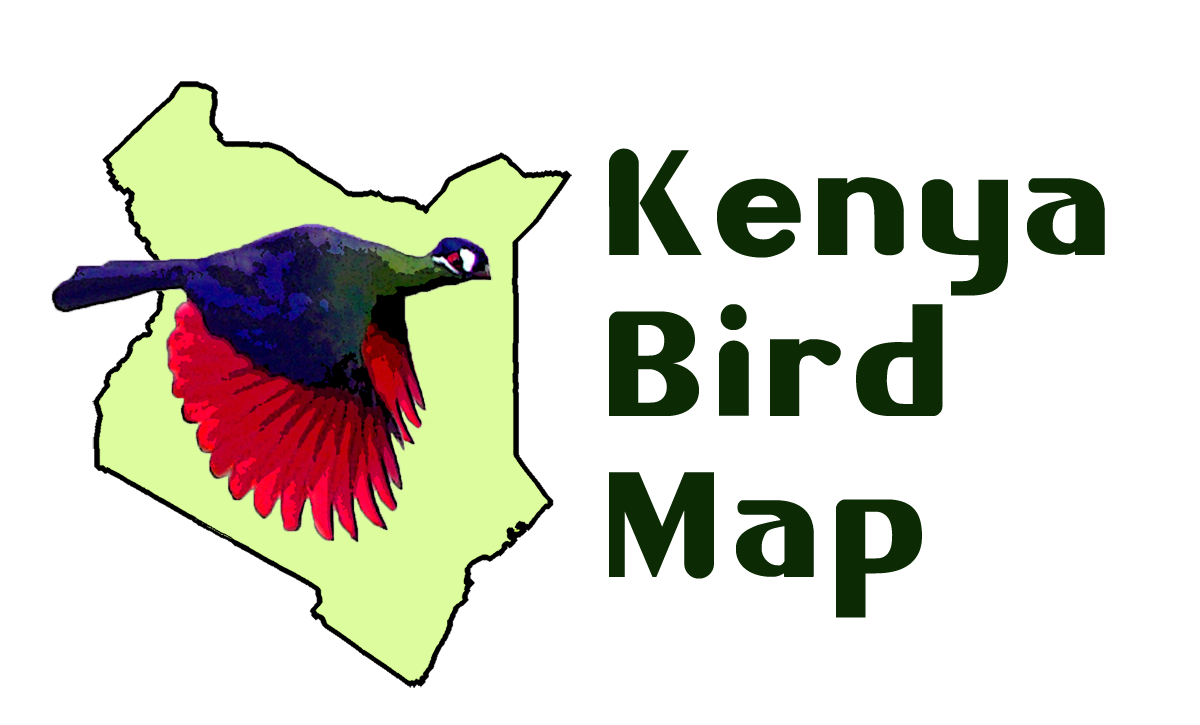
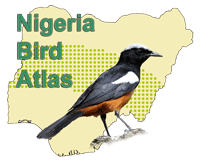
The Tropical Biology Association is grateful for the continued partnership with the Kenya Bird Map and the Nigerian Bird Atlas Project, both of which involve several affiliate institutions in each country. The project is funded by the UK Government through the Darwin Initiative.
